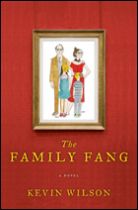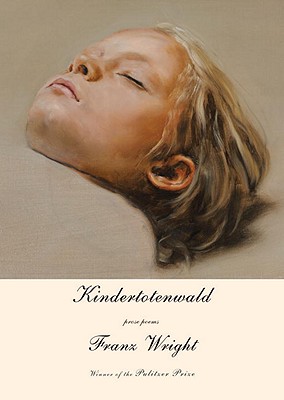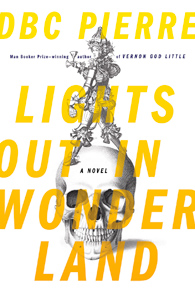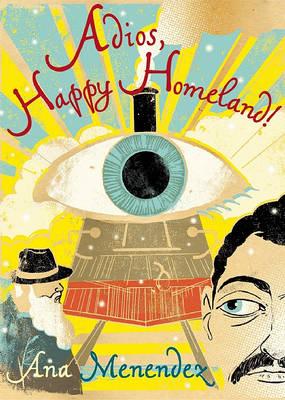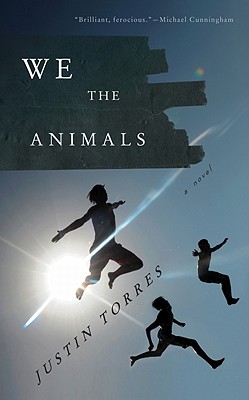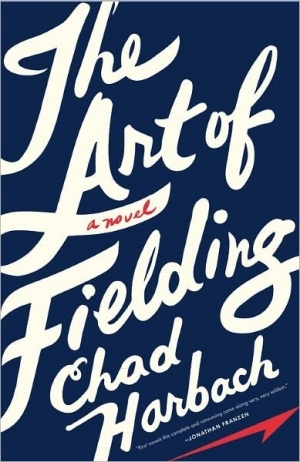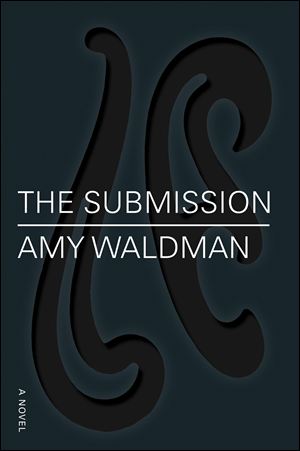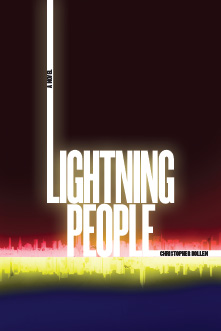Leaving the Atocha Station – Ben Lerner
Lerner’s greatest gift as a writer is his ability to wax philosophical without sounding cloyingly cerebral. While Adam is drifting through Spain writing, lying, obsessing, confessing, capsizing, and smoking lots of hash, Lerner is busy implicitly inquiring into real life’s ability to live up to the vast and gorgeous possibilities language can engender in the imagination.
The Family Fang – Kevin Wilson
In its own bologna-frying, Bloody-Mary-guzzling, tuber-hurling way, The Family Fang boasts both the sweetness and wickedness of a Roald Dahl story, where the adults are cruel and the children are clever and hell could freeze over before either party would consider compromising.
Kindertotenwald – Franz Wright
Since it’s a Franz Wright book, it comes as no surprise that Kindertotenwald discovers and traverses new emotional spaces, new ways of naming desire, loneliness, guilt, and grief—from a poet with a long track-record of piercing, lucid insight into the human condition, we could hardly expect otherwise.
Lights Out in Wonderland – DBC Pierre
“It doesn’t get any better than this.” Le Basque explains: “human pleasure comes from opening a door, not from walking through it.”
Adios, Happy Homeland! – Ana Menéndez
The Cuba of the writers memory, or often their parents’ memories, is an elysian island, pre-Communist and therefore pre-poverty, pre-hardship, pre-exploitation—an imagined setting overripe with the untainted sweetness of the place of origin, always longed for and always denied.
We The Animals – Justin Torres
This world, through which the reader all-too-quickly passes, is etched cleanly and sparsely, and nonetheless seems complete. Description, dialogue, and the narrator’s own youthful viewpoint create a realm almost tangible, both in the squalor of the low points and the beauty of their family’s wary intimacy.
The Art of Fielding – Chad Harbach
While Harbach successfully captures the elegant, romantic aspects of the game, his attempts to evoke its baser elements are less convincing.
Set two years after 9/11, Amy Waldman’s debut novel opens with a jury presiding over an anonymous contest to select the design for a memorial and chronicles the political and cultural fallout that follows.
Lightning People – Christopher Bollen
Unlike lesser character-oriented writers, Bollen manages to create lives that seem to have already been in motion before the book began.
Simply inverting realism through surrealistic distortion and discordance (as if “realism” is still the primary enemy of innovation in fiction rather than conformity of practice more broadly) is a limited strategy that can become just as conventionalized as realism. Working toward a hybrid of fiction and poetry would perhaps encourage writers–and readers–to focus more on language as the essential element of both.



